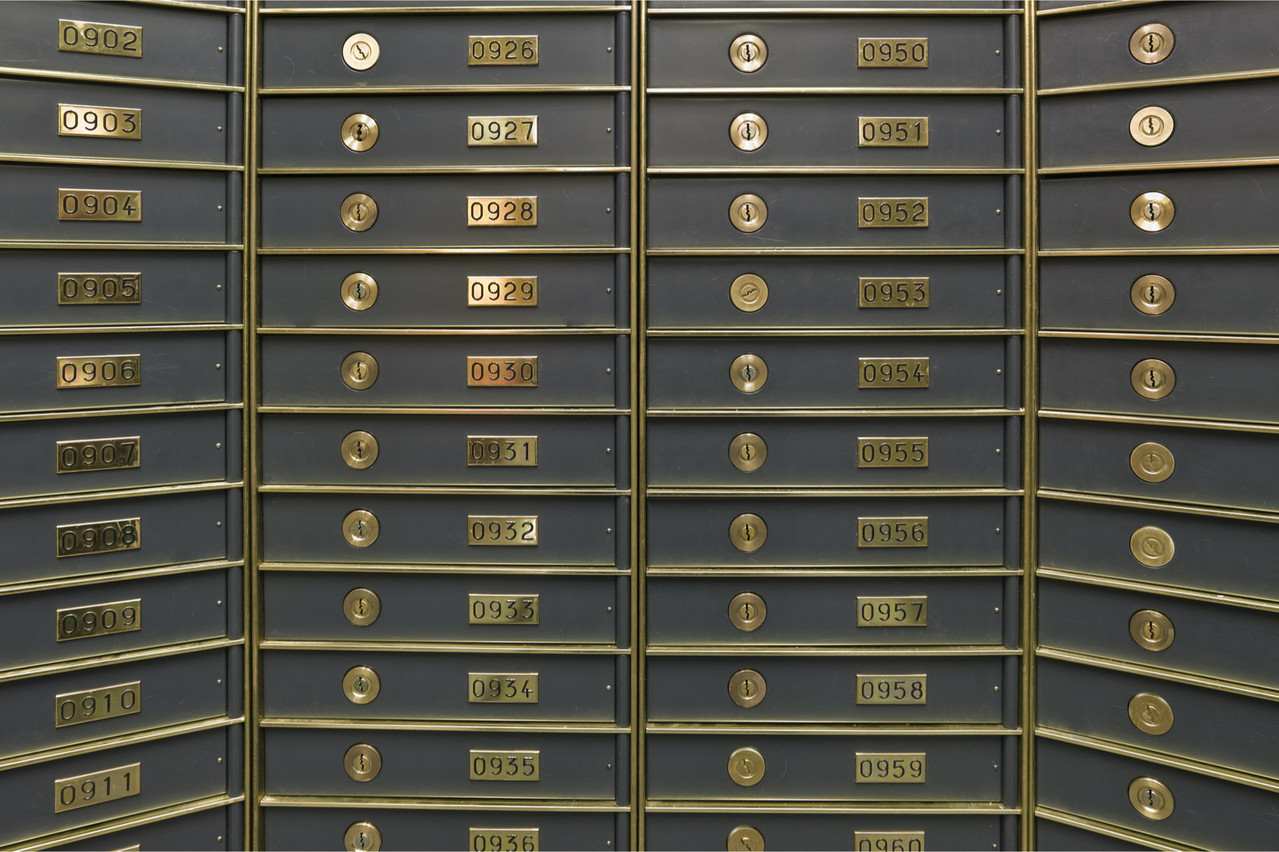With the decline of and increased competition, the market was on the lookout for new opportunities. And given the progressive liberalisation of capital, it was private banking and investment funds that turned out to be on the horizon.
The participation of banks in the Euromarkets had familiarised them with an international clientele and its needs for multicurrency investment products and complex arrangements. Subsequently, the reorientation towards private banking was further helped along by certain regulations that provided for the non-taxation of non-residents’ savings, i.e., for banking secrecy. Originating in case law, professional secrecy was extended to the banking business by the law of 23 April 1981.
From €7bn to €5.5trn
But the sector’s diversification was not limited to private banking. Various niche or fledgling markets were explored too, such as the first common European currency, known as the European Currency Unit--the Eurobond market for the ECU would even become a Luxembourg speciality--as well as investment funds. In 1985, legislative provisions were harmonised via the UCITS directive, with Luxembourg institutions gaining a decisive advantage because the grand duchy was the first country to transpose the directive. In 1983, the net assets managed by UCIs in Luxembourg amounted to €300bn Luxembourg francs or €7.44bn. If we fast-forward to the end of June 2021, . This success comes down to the authorities’ proactive regulatory action.
The early 1980s was also the era of neoliberalism. Under Ronald Reagan and Margaret Thatcher, barriers to the free movement of capital were gradually dismantled. The era of globalisation succeeded that of the Cold War and, having been open to transnational markets since its origins, the financial centre flourished. The number of banks increased from 118 to 220 in just 12 years, between 1985 and 1997. As space ran out on the Boulevard Royal, the financial institutions moved to the Kirchberg plateau. A symbolic year was 1987: for the first time, employment in the banking sector exceeded that of the steel industry. The country’s engine had officially changed.
The beginning of the end of banking secrecy
However, Luxembourg’s image as a tax haven was becoming increasingly problematic. Faced with international pressure, Luxembourg had to compromise on the issue of banking secrecy.
The fate of banking secrecy was decided at the Feira European and Ecofin councils in June 2000. , a young budget minister who was also working on the introduction of the euro, was in the front row. “Feira was an extremely important moment,” he recalls. “We tried to find an intelligent response to the criticism that we were receiving, which consisted of saying that, with your banking secrecy, you allow people--residents of our countries--to have undeclared money in your country.” His intelligent response? “We agree to tax the money of your residents via a withholding tax without revealing the identity of the money. The undeclared money disappears, you levy a tax, and we maintain confidentiality.”
This was progress. And despite tense discussions, notably with then-chancellor of the exchequer Gordon Brown, who was extremely animated during the negotiations--“There was, I think, a British jealousy of Luxembourg,” says Frieden--an agreement was reached.
Three countries--Luxembourg, Belgium and Austria--kept their banking secrecy in exchange for a withholding tax. “We could of course have lifted banking secrecy immediately,” says Frieden, “and this would have been applauded by the other member states. I am sometimes told that we have waited too long. I don’t think so. We had to go through different stages to reach the goal.” The other countries opted for an automatic exchange of information, the details of which were formalised in the 2003 directive on the taxation of savings. This text gave banking secrecy a grace period until 2015. How would it phased out? By providing for a gradual increase in the withholding tax to 35%, the level at which the pecuniary interest in secrecy disappeared and it became more profitable for taxpayers to fulfil their reporting obligations.
Ultimately, the abandonment of banking secrecy was welcomed with great satisfaction by fund professionals, for whom the associated reputational risks were becoming untenable.
The transition to white money
The transitional period allowed banks time to change their strategies. “Abandoning banking secrecy in 2000 would have been easy,” Frieden continues. “Economically, however, it would have destroyed a lot of jobs and value for the country. You have to remember that, at the time, private banking represented a huge percentage of the business. Changing the rules overnight would have been a serious mistake. A gradual system over several years in close consultation with the banking community was a good approach.” Private banks thus began moving towards “white money”. During this period, the Luxembourg Central Bank upped its interventions to encourage the players in the sector not to waste time. Naturally, some did not succeed, due to a lack of will or vision.
Furthermore, as the automatic exchange of information became unavoidable, frequent return trips by clients from neighbouring countries were observed around the Boulevard Royal. There was no shortage of cash in envelopes under the Christmas tree that year…
Feira was an extremely difficult moment.
Ultimately, the policy change expected in 2015 came sooner. In 2013, the United States imposed an automatic exchange of tax information, the FATCA regulation, on Luxembourg--as on the rest of the world, by the way. From then on, it no longer made sense to deny European partners what was accepted for the Americans.
“Feira was an extremely difficult moment,” recalls Frieden. For him, “defending your country against others with good arguments is something you should never be afraid of in politics.” And, he notes, bitterly: the existence of a single market in financial services is no more self-evident today than in the past.
This article in Paperjam. It has been translated and edited for Delano.

